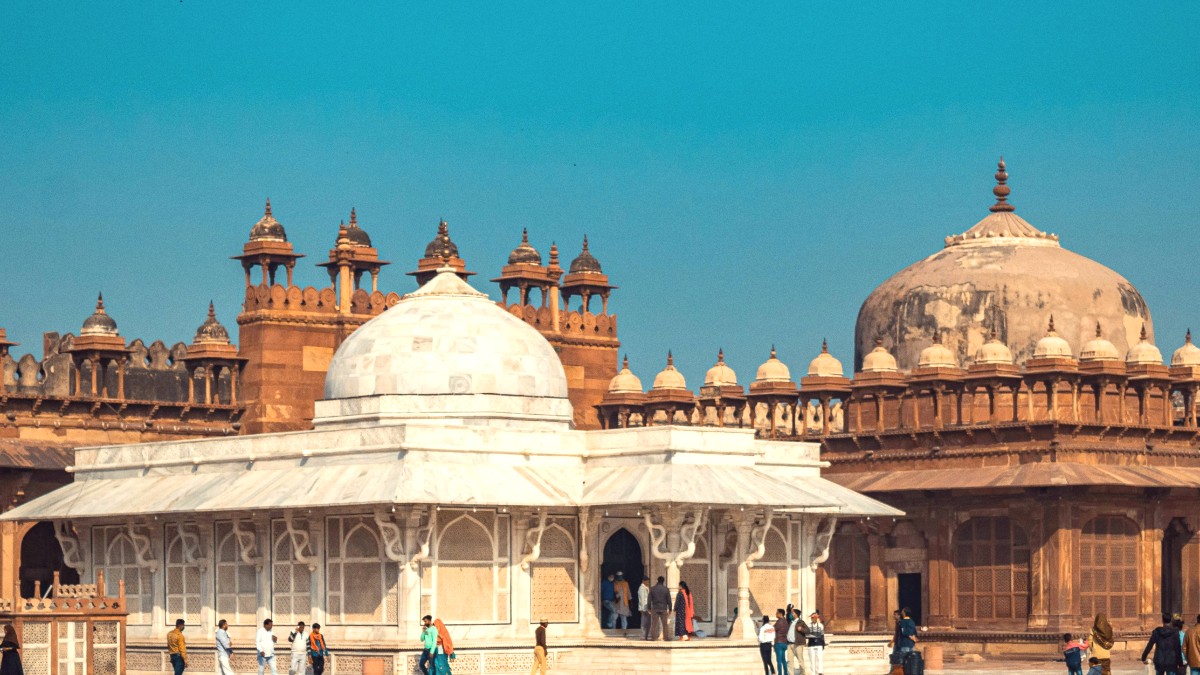
Uttar Pradesh, India
Fatehpur Sikri's UNESCO World Heritage Site designation (1986) indicates a commitment to its preservation. The Archaeological Survey of India (ASI) maintains the complex's architectural integrity. Entrance fees directly aid these efforts. Nearby Keoladeo National Park (Bharatpur) serves as a prime example of regional conservation efforts for its diverse avian population. Support conservation by adhering to park rules.
Waste management and recycling infrastructure in India, notably outside major metropolitan areas, are improving but still face challenges. You may observe litter in some public areas. Carry a reusable water bottle and refill it from filtered sources. Refuse single-use plastics where possible. Dispose of waste properly in designated bins. If recycling facilities are not obvious, carry your recyclable waste until proper disposal is found.
Water scarcity presents a significant issue in many parts of India, including some areas of Uttar Pradesh, especially during the dry season. Be mindful of your water usage during your stay. Take shorter showers, turn off taps when not in use, and avoid excessive water consumption in hotels. This conserves a precious resource for local communities.
Interacting with India's diverse culture means recognizing specific social norms.
Your visit directly supports Fatehpur Sikri's preservation through entrance fees. Beyond this, show respect for the site's history and architecture. Do not deface structures, climb on fragile areas, or remove any historical artifacts.
Your general principle for photography should involve seeking consent, especially for close-up shots of people. A polite nod and smile, or a verbal request, is appropriate. Respect their decision if they decline.
Responsible travel involves ensuring your economic contributions directly benefit local communities.
Choose locally owned guesthouses, small restaurants, and shops. Engage with local guides from the area. Seek out fair trade shops or those directly supporting local artisans.
Ecobnb for eco-friendly stays.Avoid giving money directly to child beggars; instead, donate to reputable local NGOs. Be wary of scams or overly aggressive touts. Do not participate in activities that exploit animals. If giving, identify credible local charities for sustainable impact.
G Adventures for ethical tours.Consider purchasing carbon offsets for your flights via Terrapass. Minimize waste by carrying a reusable water bottle. Refuse single-use plastics where possible. Find reusable products at Package Free Shop. Support conservation organizations like The Rainforest Site (GreaterGood).